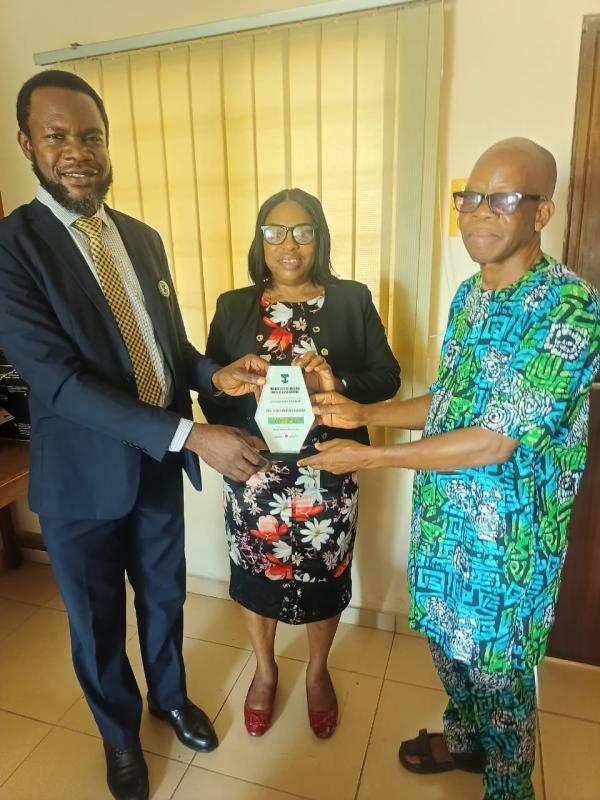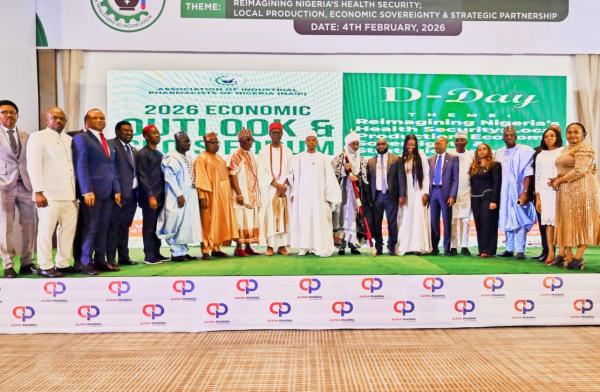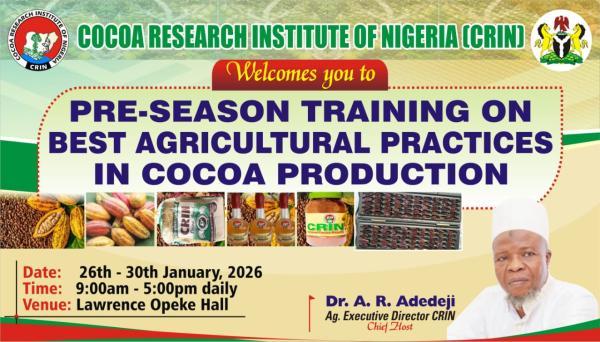
Support for women's associations in Madagascar to enhance raffia production is also helping the conservation of biodiversity in the Makira Natural Park.
In a press release made available to CEOAFRICA, the International Trace Centre's (ITC) Trade and Environment Programme in collaboration with the Wildlife Conservation Society (WCS) launched a two-year project in Madagascar to improve and develop the raffia-palm value chain for the international handicraft and fashion industries.
The aim of the initiative is to enhance women's economic empowerment and strengthen the climate resilience of Madagascar's raffia sector.
Leaves from Madagascar's raffia palms are widely used as a high-quality natural input for products made by local communities and international companies, including basic woven goods and high-end luxury products.
International fashion houses have expressed interest in sourcing a sustainable supply of raffia from women's associations based around Madagascar's Makira Natural Park, which have a long history of raffia production for local markets.
Raffia harvesting, sorting, and processing are carried out manually, and often by local groups or associations who sell directly to brands or retailers.
Support to increase the quality and business capacity of these associations and linking them to international markets through trade fairs and workshops will increase their bargaining position and the income they receive from their products.
However, raffia in the Makira Natural Park has been affected by climate change: frequent droughts are threatening to up raffia forests. To help tackle this, ITC and WCS are providing assistance for climate-change adaptation to secure stable incomes from raffia in the long term.
The interest in sourcing raffia from Makira is not only because of the high quality found in this area, but also the added benefits from enhanced biodiversity conservation.






















